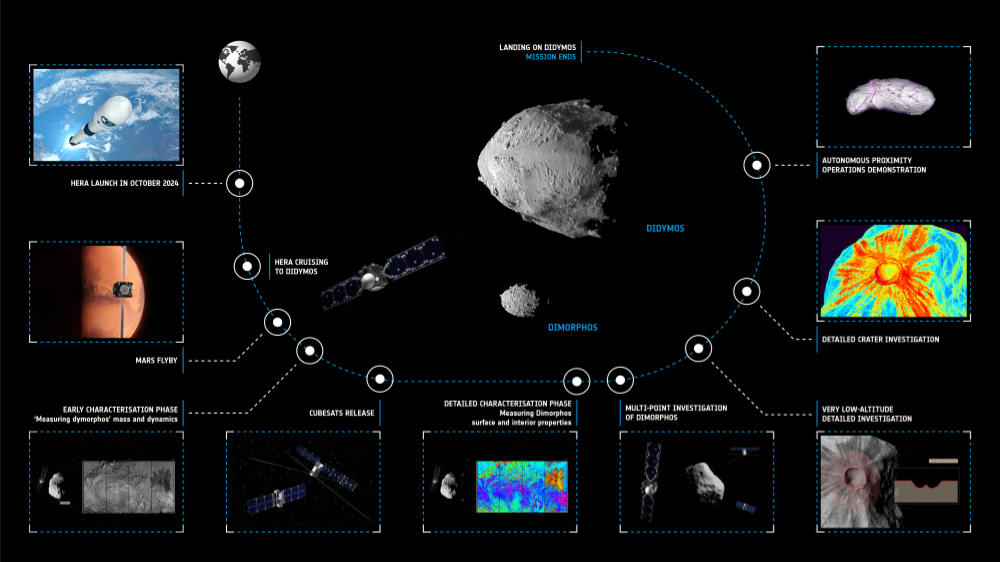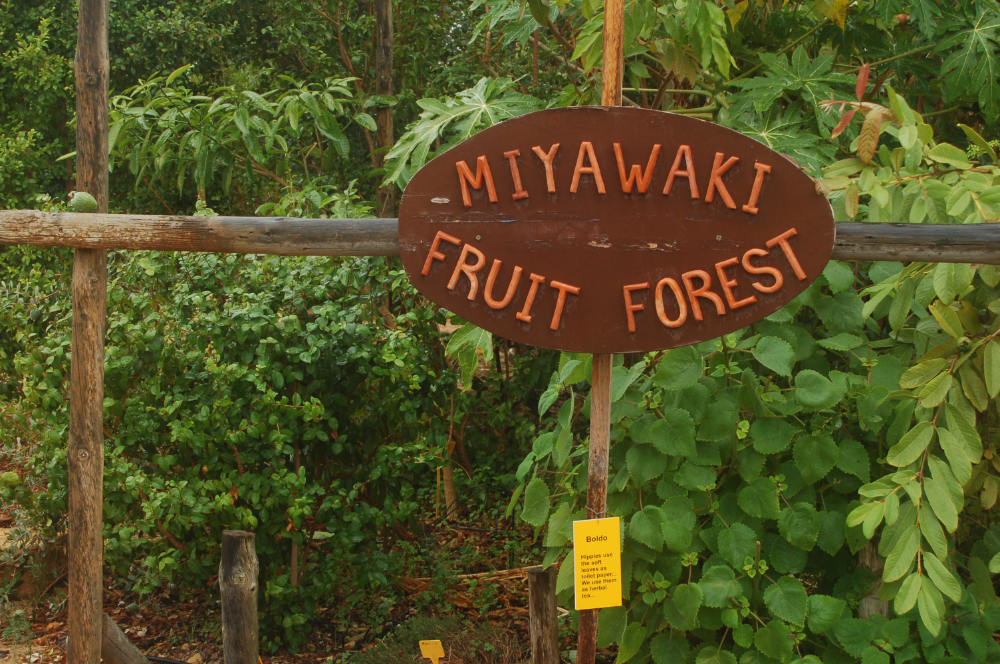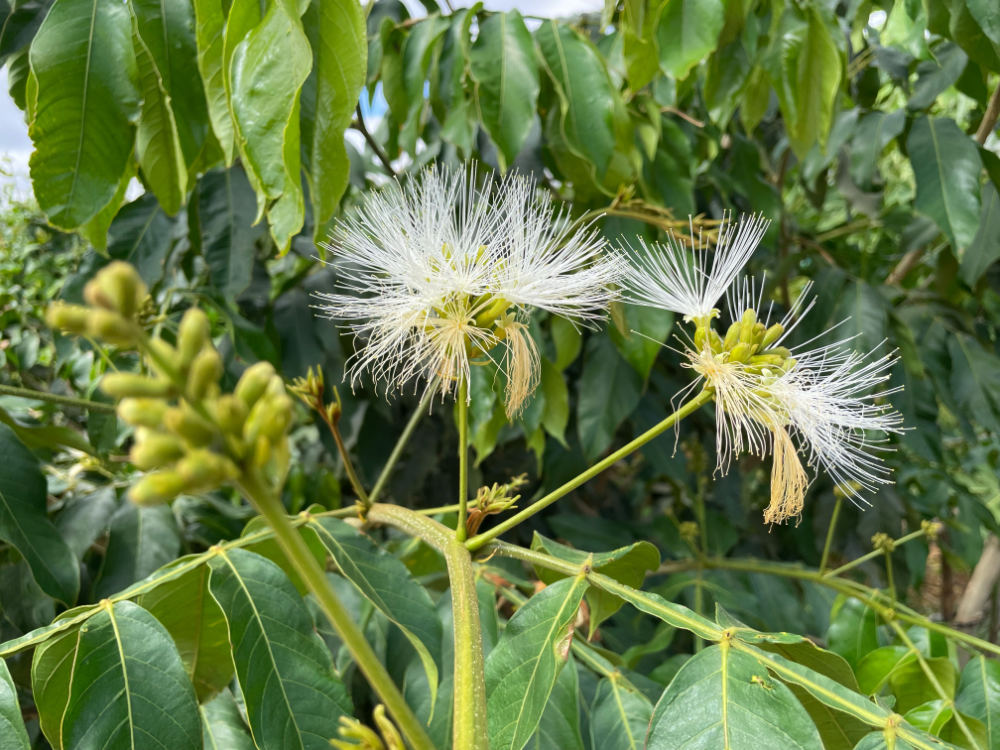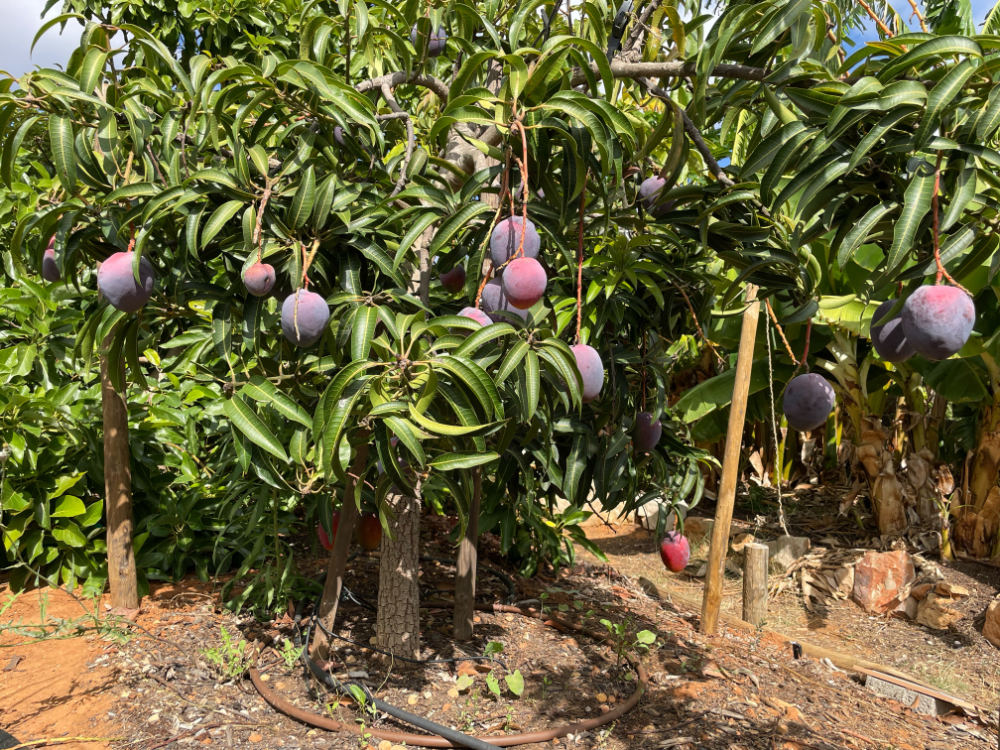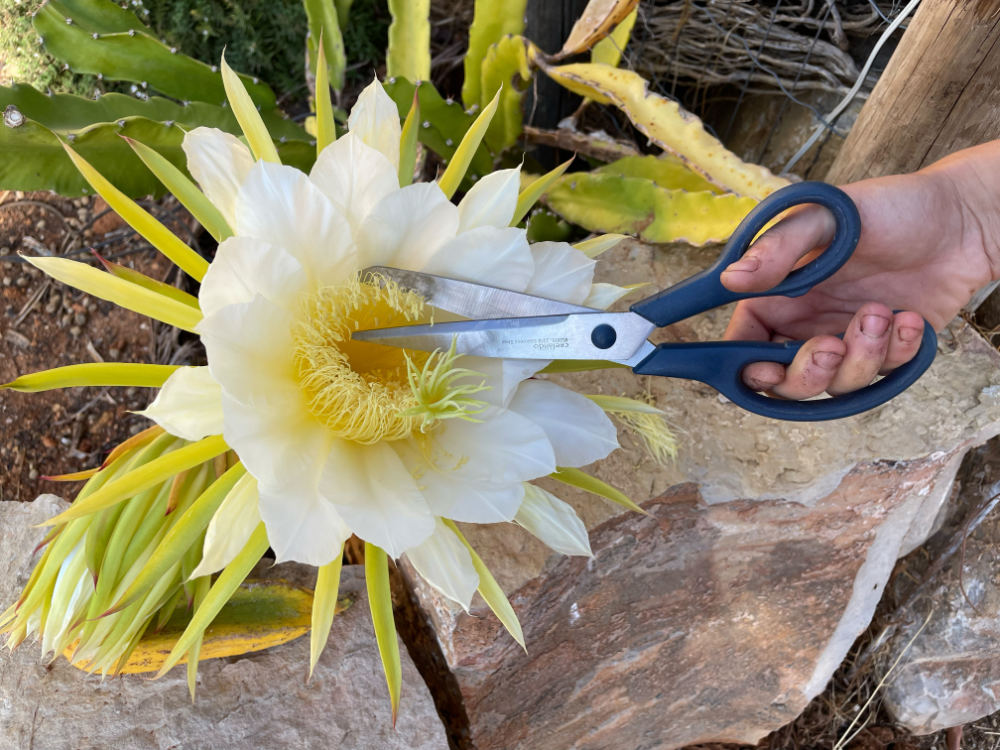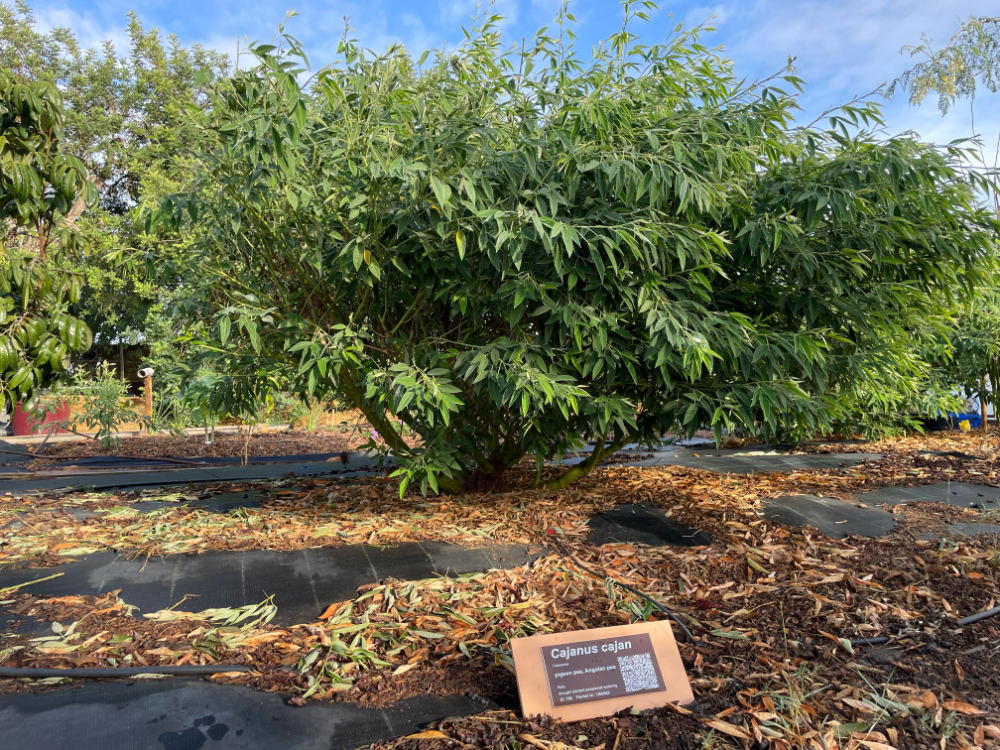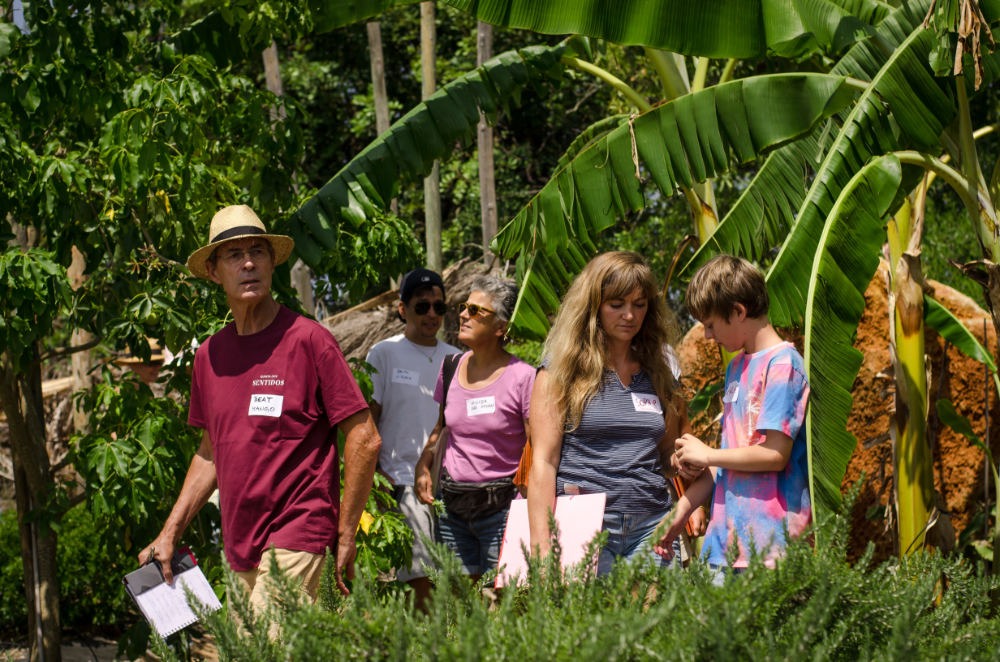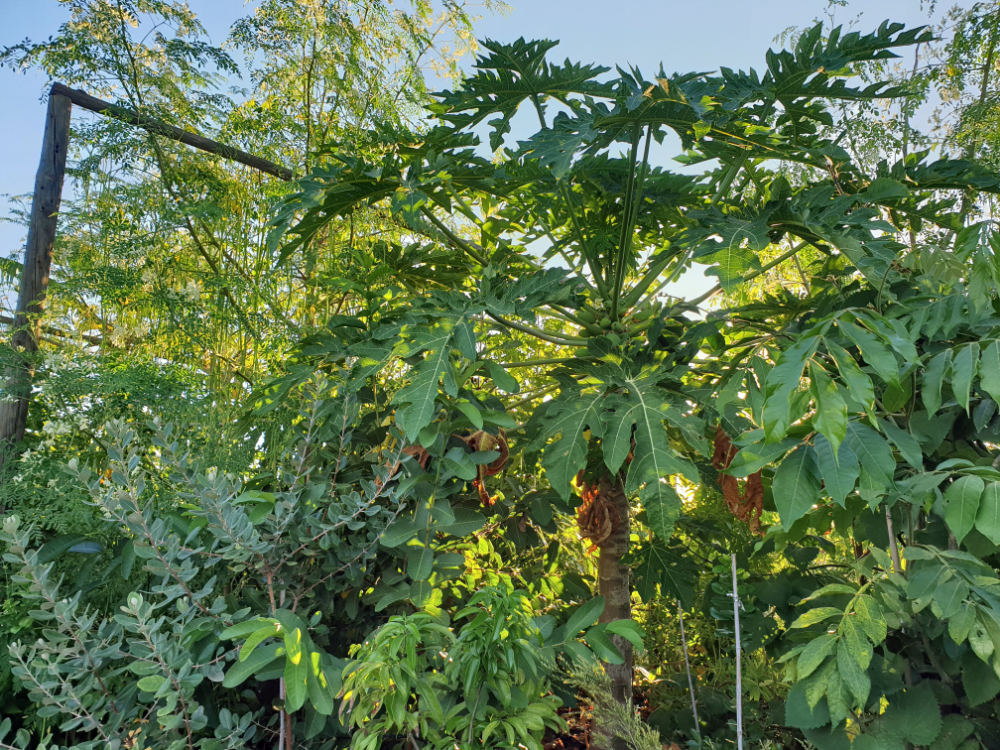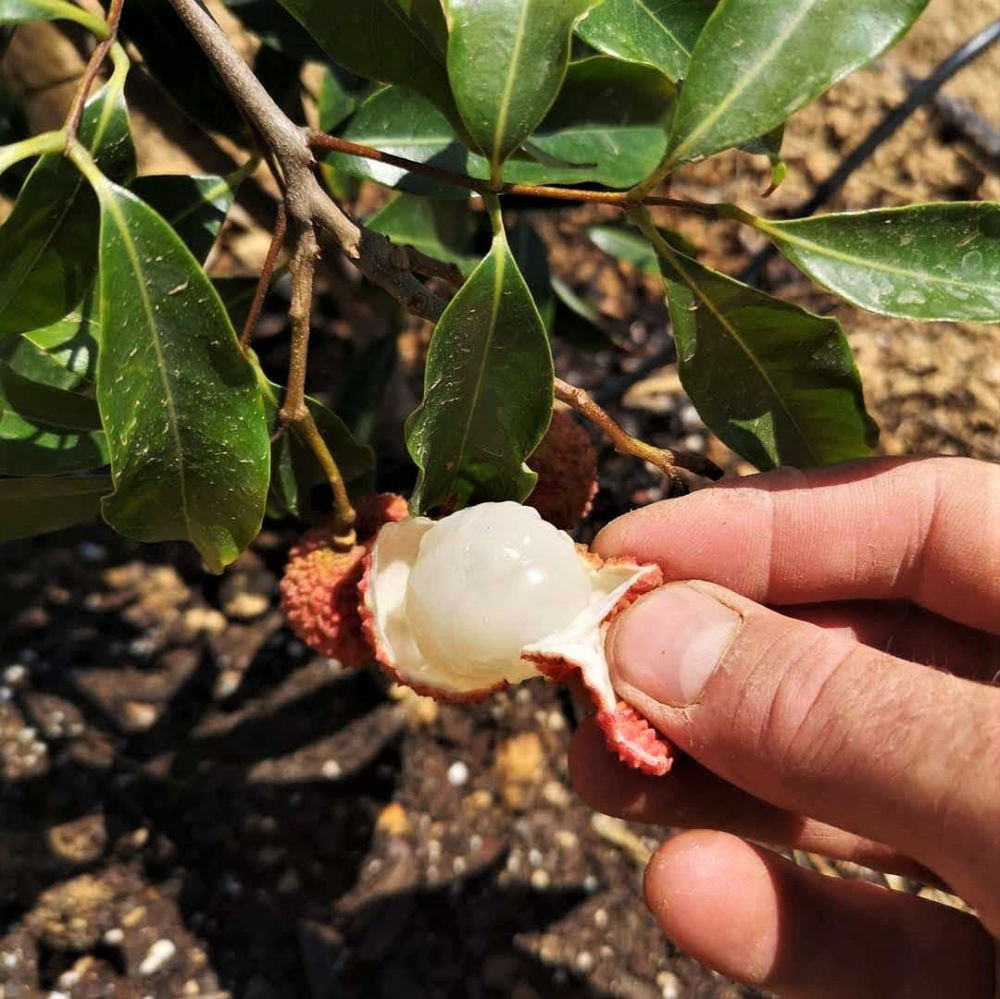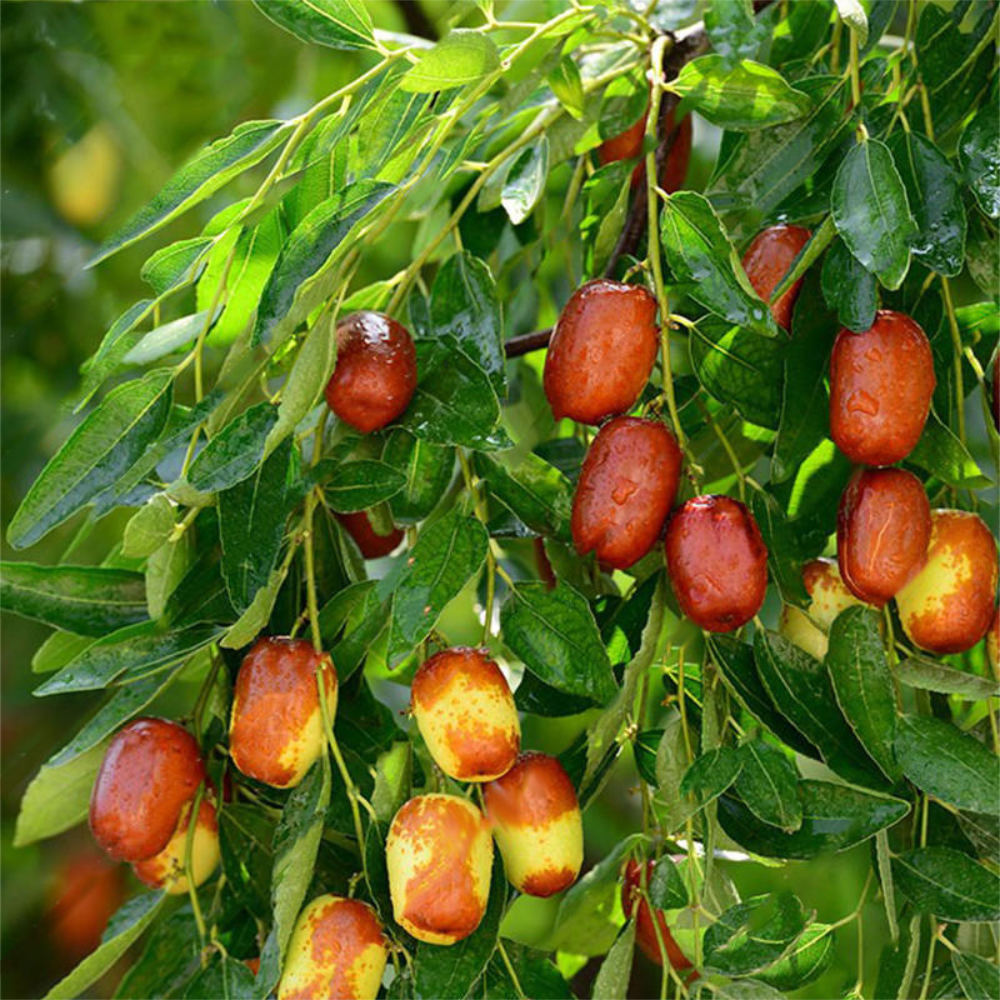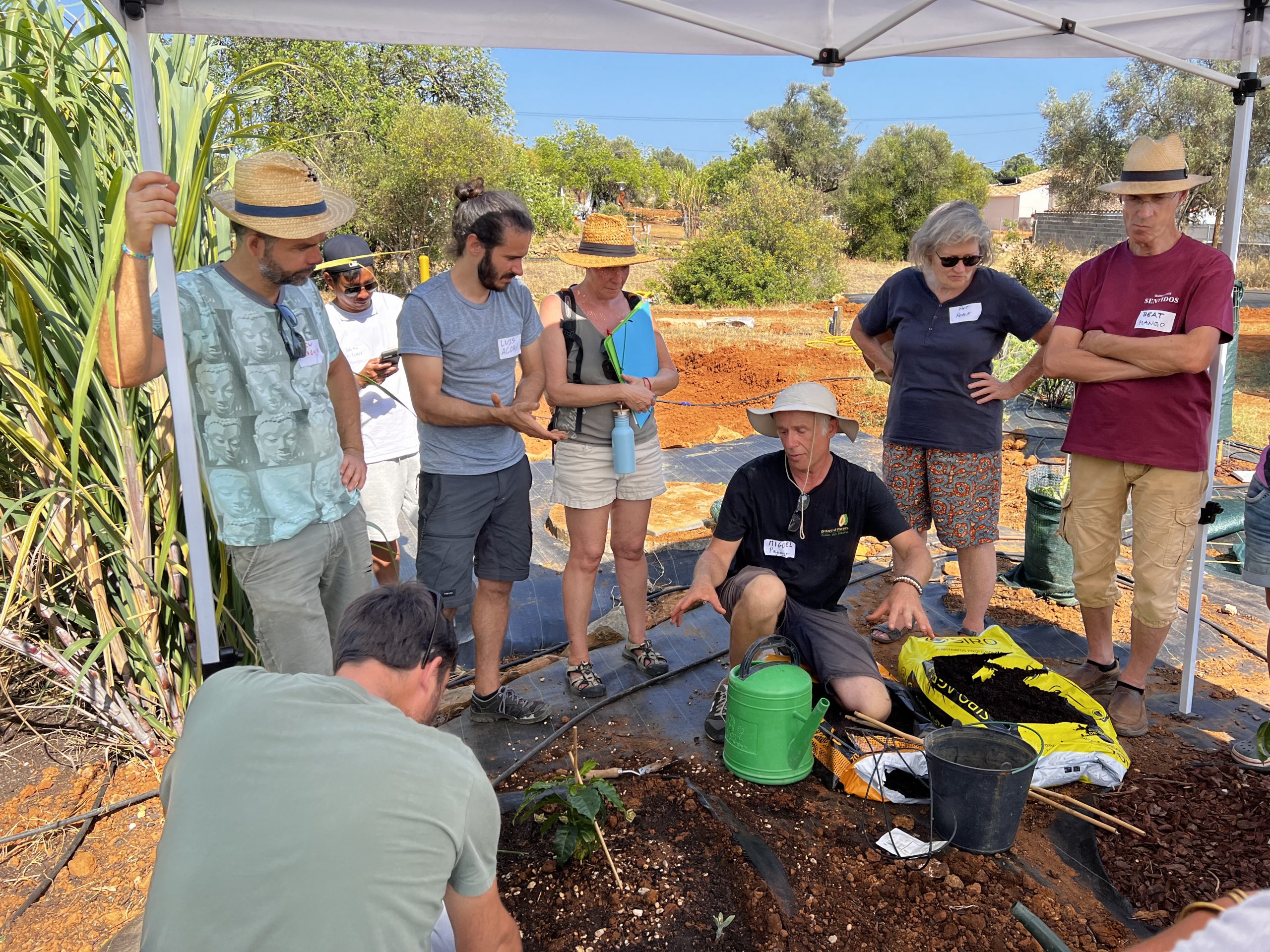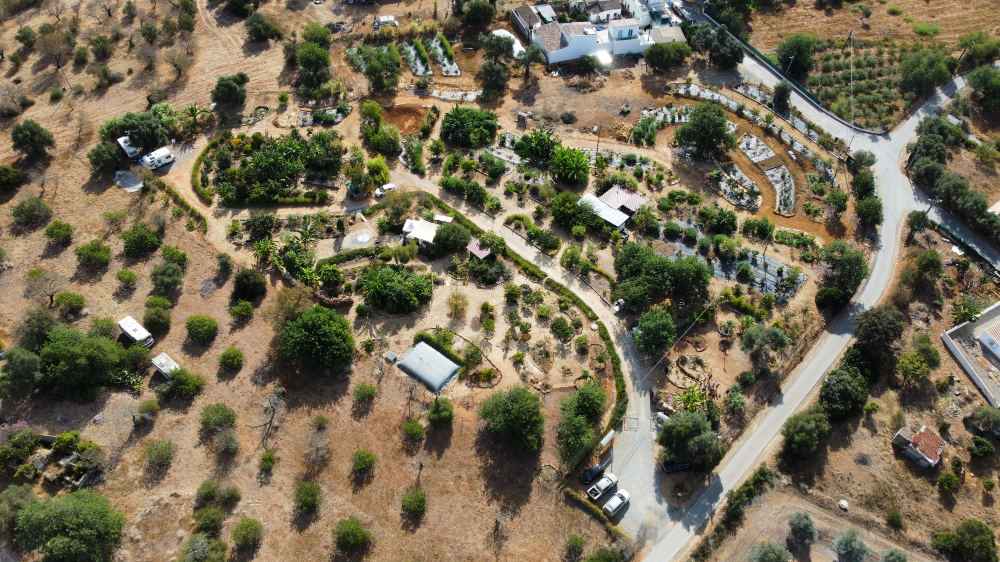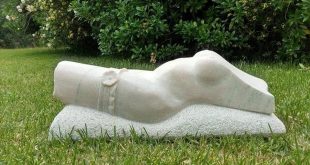Saturday, 12th october 2024.

Part one.
The European Space Agency’s (ESA) first planetary defence spacecraft left Earth (Florida) earlier this week on a Falcon 9 rocket (from Elon Musk, Space X) and took off into space, just in time – before Hurricane Milton completely destroyed the area. The fact is that once a rocket has been launched and disappeared into orbit, the whole enterprise can be described as “successful”. What remains of us down here is then just a scrap of history. The main thing is that the spaceship flies first.
The Hera mission is therefore on its way to a very special destination, an asteroid – the only celestial body whose orbit has ever been shifted by human activity – in order to find answers to the as yet unanswered questions associated with its diversion. The launch of the rocket, of course, polluted the Earth’s atmosphere with an incredible amount of CO2, a detail that is always swept under the carpet when such stories are told.
So, the question arises, which story should the journalist tell? The story of an unmanned spaceship on its way to an asteroid that was once on a collision course with the Earth, but was then hit by a rocket and deflected off course by the American NASA? This could be an exciting story, I thought to myself – or might it not be better to stay on Earth and pay a little more attention to earthly matters? After all, there was still a journey to be made…
I decided in favour of the obvious.
Sorry ESA, maybe next time then. Let’s switch to southern Portugal and keep both feet on the ground: a very special botanical garden is starting to grow in the Algarve: between Moncarapacho and Luz de Tavira in the borough of Tavira. This project immediately aroused my interest, and you will soon find out why. So, I became one of 20 visitors to the Mediterranean Garden Association of the Algarve, which organised a trip around the world this week to the eastern part of Europe’s southernmost province on planet Earth. Travelling on your own…
By the way, the Algarve is not on the Mediterranean, but the Atlantic coast.
So, I got up early in the morning on Wednesday, saddled up my electric horse and set off from Monchique to POMAR DOS SABORES, the GARDEN OF EDEN of the Algarve: exactly 100.4 kilometres. There I met Miguel Cotton (see photo), a native Belgian with green fingers, who had just started to give a guided tour of the garden in which he planted his first tree in 2019 with the ground-breaking ceremony.
And all of the trees here are very special. I was given a berry from a basket to try, which looked like an olive but was red in colour and tasted sweet. That Wednesday also marked the start of a culinary odyssey for me. Because (almost) everything in this new botanical garden was edible: the succulent fruit, as well as the leaves of the Moringa tree, and so I got a lot of new impressions of all the trees and bushes in this world that have been given a new home in this garden. For two hours, I explored over 300 surprising fruit tree species with Miguel. Then I interviewed this Belgian tree lover with the green fingers …
Miguel Cotton (aged 57, a lecturer at the University of Brussels)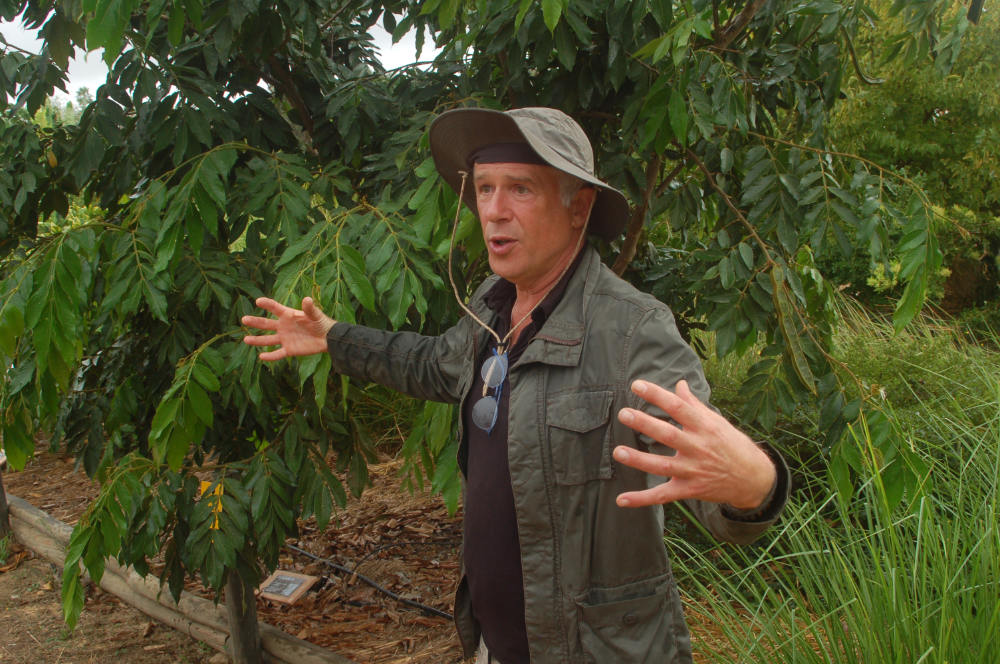
Part two
ECO123: What brought you to botany, planting trees, a forest, even an entire botanical garden?
Miguel Cotton: Simply my love of trees and especially edible plants. I was raised on a farm in Belgium, where we had a very big traditional orchard. I was very impressed by how productive they can be and how much care they need. And my grandmother told me that you’d never have a good fruit tree if you didn’t spend hours and hours every year looking after it. Each fruit tree has its own special requirements. And I think botany appeals to me when it’s linked to culture and not just nature. I really think that the word ‘fruit tree’ shows the relationship between nature and culture – because these trees have been selected over centuries by our ancestors, they’ve been commercialised, they’ve been trained, they’ve been trained for their desirable characteristics – like people’s pets, they’re no longer wild. They are trees that have a very close relationship with human beings and nature …
ECO123: Why did you choose Portugal for your botanical garden?
Miguel Cotton: It is the special climate of this region, but not the climate of Portugal in general. This region between Faro and the Spanish border probably has the best climate for growing the widest range of edible plants in warmer countries. And please let me explain: unlike Spain, Italy and Greece, we do not have extremely hot summers. We have hot summers, yes, but we do not have extremely hot temperatures: from 50 to 54 degrees, like they have in Italy, Greece and Spain. And we also have the mildest winters in Europe. I thought that I can cultivate the widest range of edible plants and trees here.
ECO123: You said you are still teaching in Belgium? What is your profession?
Miguel Cotton: I work at the University of Brussels. But I have concentrated all my lectures into four weeks of a year. Basically I live here. I teach Marketing and Economics in the tourism sector. It is a part-time job.
ECO123: Paperwork? We are in Portugal.
Miguel Cotton: Because it took us a long time to be certified as a botanical garden by the BGCI*: all the work and the database has to be checked; you have to account for everything, explain everything that you do, the special quarantine area for plants and trees, the Latin name of the plant… you have to prove that you are doing research with universities – and I thought it would be very nice to be recognised as a botanical garden, so this is something very serious, well documented, and very useful for the community. The idea was that it would be an open-source project that empowers people to grow their plants locally. (…)
BGCI*= Botanic Gardens Conservation International (https://bgci.org)
(Continued next week Saturday)
 Eco123 Revista da Economia e Ecologia
Eco123 Revista da Economia e Ecologia

